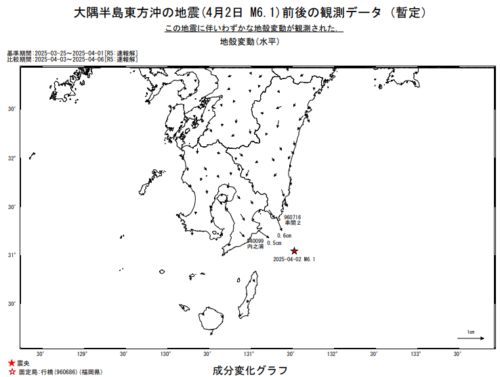2025-04-09 高エネルギー加速器研究機構,科学技術振興機構
高エネルギー加速器研究機構(KEK)物質構造科学研究所に設置されたフェムト秒パルスレーザーを光源とする光電子顕微鏡装置(フェムト秒光電子顕微鏡)を用いて、半導体デバイス動作中のpn接合界面に形成される空乏層の形状を可視化することに成功しました。この手法は、ダイオード、トランジスタ、太陽電池、LEDなど多様な半導体デバイスの性能評価と内部構造の可視化に寄与する新しいアプローチとして期待されています。
◆フェムト秒光電子顕微鏡は、超短パルスレーザーを光源とし、近赤外から紫外光までの光子エネルギーを自在に調整可能です。これにより、効率的に伝導電子の観測が可能となります。
<関連情報>
- https://www.kek.jp/ja/press/202504091400pn
- https://www.kek.jp/wp-content/uploads/2025/04/pr202504091400pn__.pdf
- https://pubs.acs.org/doi/10.1021/acs.nanolett.5c00513
オペランド光電子顕微鏡による pn 接合界面の可視化 Imaging p–n Junctions Using Operando Photoemission Electron Microscopy
Elizaveta Pyatenko,Shunsuke Nozawa,and Keiki Fukumoto
Nano Letters Published: April 8, 2025
DOI:https://doi.org/10.1021/acs.nanolett.5c00513
Abstract

We propose a method to visualize the modification of the band alignment and depletion layer structure of p–n junctions under device operation. The cross-section of the p–n interface of a GaAs backward tunnel diode was directly observed by operando photoemission electron microscopy (PEEM) under forward and reverse bias operation. In addition to obtaining the external voltage dependent energy band alignment, further spectral signatures were observed in the n-type region, which provided evidence of the tunneling of electrons under reverse bias. Moreover, the PEEM images allowed us to directly visualize the depletion layer and its widening under increasing reverse bias voltages. This method can straightforwardly be applied to any semiconductor material for a thorough understanding of the electronic structure at the interface, leading to improved efficiency and device performance.



